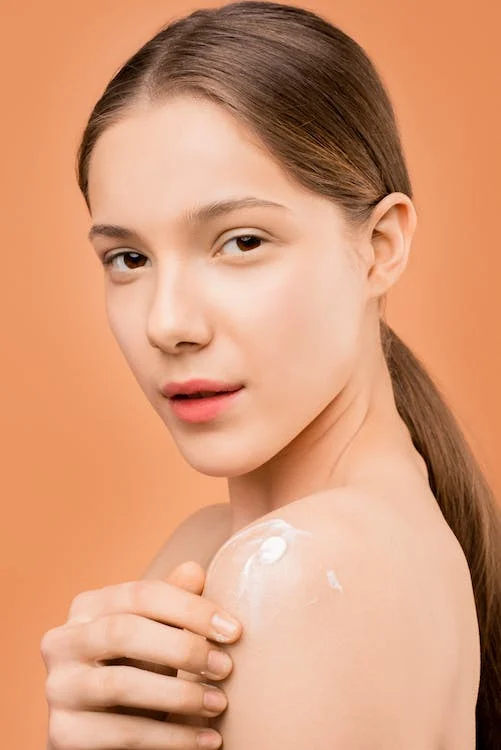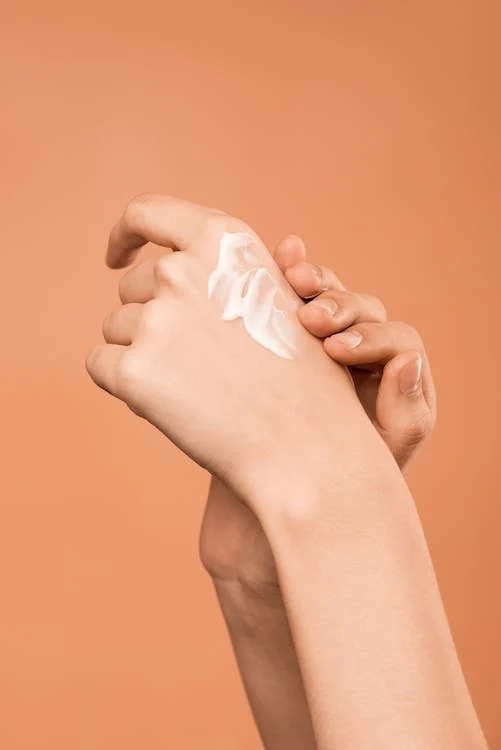Everyone is aware that moisturizing is necessary for having healthy, radiant skin. But what exactly does a moisturizer do? And do you use it properly? If “no” was your response, we can assist you! Read on to learn how to moisturize like a pro, from choosing the best daily face moisturizer for your skin type to understanding when and how to use it to improve your skin health!
Role of a moisturizer
The primary function of a hydrating face moisturizer is to give moisture to dry skin and aid in preventing further drying out. This is probably exactly what you are thinking. There are a ton of additional things moisturizers can accomplish.
Although adding a moisturizer to your skincare routine may seem like an irritating extra step, trust us—it is important. Therefore, do not even consider skipping it!
Benefits of Moisturizer
Here are the top benefits of moisturizing:
1. Avoid Dryness
Did you know that the heat or cold, air conditioning, and indoor heat all have the potential to zap the moisture right out of your skin? A decent moisturizer can help with it. It helps prevent further loss in addition to replacing moisture that has already been lost.
2. Slow The Aging Process
Skin that is properly hydrated appears younger. “Why do I need to consider it right now”, you ask.. Because it is never too early to begin avoiding fine lines and wrinkles in the future. And the plump, firm sensation you experience after hydrating your skin is working to halt the process.
3. Boost Acne Defenses
Did you know that extremes of heat or cold, air conditioning, and interior heat may all dry up your skin instantly? Consider it this way: As your skin dries out, it signals your glands to generate more oil, which can clog your pores and result in breakouts. Therefore, keeping skin well moisturized might help it avoid creating more oil than it requires.
4. Providing Sun Protection
We cannot stress enough how crucial it is to use an SPF-containing cream, even in the cooler months. Did you know that indoor heat, air conditioning, and extreme cold may all cause your skin to immediately dry out?
5. Reduces the chances of skin problems
The proper moisturizer for your skin might help you keep it in balance. When skin is either very dry or overly oily, several common skin problems, such as acne, begin to manifest. If your skin is prone to oiliness, go for lotions rather than creams, and search for a moisturizer that contains an exfoliator. Look for a cream if you have dry skin because they often contain more oil.
6. Soothe Sensitive Skin
Got inflamed, red skin? Possess dry, scratchy patches? Sensitive skin requires extra special care. To name a few, look for a moisturizer that has calming elements like aloe vera, chamomile, oatmeal, and honey.
7. Fights wrinkles
Your face does feel firm and full after moisturizing. Persons with adequately hydrated skin develop wrinkles at a rate that is just a small portion of that of people with dry skin.
3 Moisturizer Types: What They Do
Here are the many kinds of moisturizers and instructions on how to choose the best one for your skin.
1. Lotion
Lotions are most suited for “normal” skin since they have a thinner, lighter consistency than creams or ointments. Use a lotion (or cream) on the drier parts and a gel moisturizer on the oilier ones if you have combination skin, which is defined as having an oily T-zone and chin and dry cheeks. If you have combination skin, hybrid products—often marketed as gel cream—can be used for the entire face.
You can put lotion on your face or body. Make sure it is a non-comedogenic product, which means it is unlikely to clog pores if you are using one on your face and are prone to acne.
2. Cream
More moisturizing than lotions, but less so than ointments, are creams. Lotions are less thick in consistency because they contain less oil than creams, which have a thick, silky feel. The best option for treating eczema (commonly referred to as atopic dermatitis, the most prevalent kind of eczema) is an ointment, while creams are also acceptable even if they can include irritating components.
Pick a body lotion or ointment for dry skin and use sufficient amounts of the product to ensure complete covering.
3. Ointment
The thickest of the group is an ointment. On dry body skin, an ointment should be applied. We tend to believe that a thicker product is preferable for body skin. Because they contain more oil than creams and lotions do, they are heavier and hence more successful at treating dry, flaky skin. Experts advise using ointments on skin that is prone to eczema, particularly those made with petrolatum and mineral oil.
When To Moisturize
The best times to apply moisturizer are immediately following a bath, a shave, or an exfoliation. Some people might do this twice daily. After a shower, it is crucial to moisturize since hot water drains your skin of all hydration and oils, leaving it dry. Hot water may seem pleasant, but it is bad for your skin. Never forego using a moisturizer.
Common Ingredients in Moisturizing Products
Occlusive
An occlusive is a kind of substance that seals in moisture to stop water loss from the skin. Consider it as forming a barrier that protects skin from aggravating external elements while also making skin feel more moisturized. Petrolatum, silicones, and lanolin are examples of ingredients that serve as occlusives.
Humectant
Another common chemical found in moisturizing products is a humectant. Humectants can “grab” water from their surroundings, including the dermis and, under the right conditions, the humidity in the air around them. The extra moisture can then smooth and hydrate the skin. Glycerin, hyaluronic acid, and urea are substances that are regarded as humectants.
Emollient
Emollients are oily substances that aid in filling up the gaps between the skin-cell layers. They smoothen the skin by making a film. Ceramides, oils, and lipids are all components of moisturizing formulae that are regarded as emollients. Emollients may have humectant or occlusive characteristics. These items can be used to treat eczema and psoriasis as well as general dry, itchy, or irritated skin.
Conclusion
In conclusion, moisturizing creams are essential for enhancing skin health since they offer a variety of advantages besides hydration. To meet the unique demands of your skin, selecting the proper moisturizer is crucial. Furthermore, for best benefits, the application should be timed to occur, particularly after activities that dry up the skin. A crucial element in every skincare program for obtaining and keeping healthy, beautiful skin, common substances may effectively soothe and rejuvenate the skin. So, keep in mind that moisturizer is your skin’s best friend and do not skip it.





